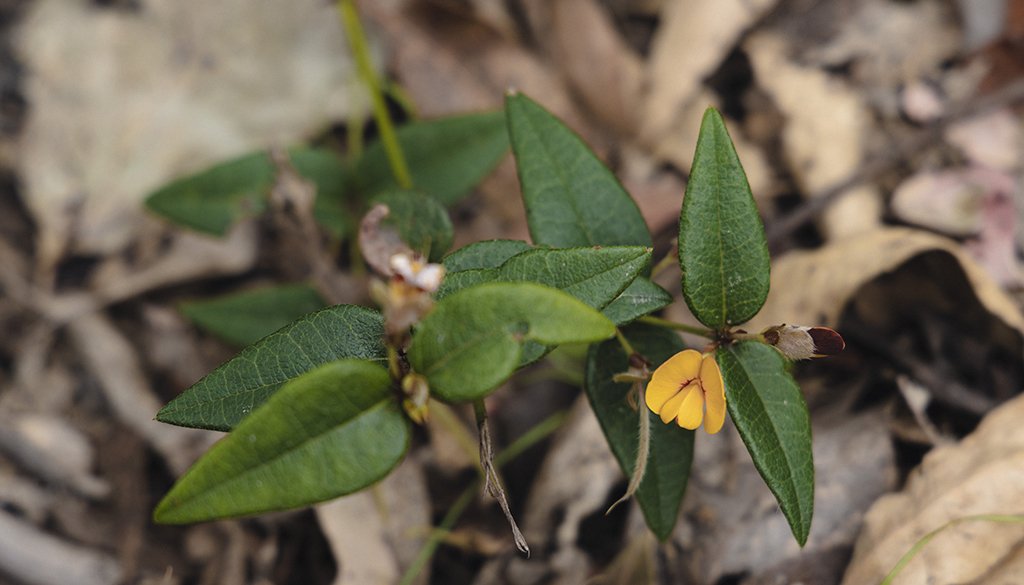
We are providing strong leadership on environmental health and agricultural sustainability.
About
Far East Victoria Landcare (FEVL) plays a unique and important role in supporting the sustainability and well-being of the communities of Far East Victoria.
By taking a whole-of-community approach, FEVL not only works to enhance the natural environment and sustainability of agriculture and land use but also addresses issues affecting the social capacity of communities of the region.
Formed in 2006, FEVL is a network now comprising of seven Landcare groups in far east Gippsland: Cann Valley, Cabbage Tree Creek, Goongerah, Jarrahmond, Marlo, Snowy West, and Wairewa and District. The Landcare groups encompass an area ranging from Nowa Nowa to the NSW border and from Goongerah in the north to the coast.
The committee of the FEVL network is responsible for the strategic direction and performance of the organisation. Each member group is eligible to provide up to three representatives to the FEVL Committee of Management, which is supported by a small team of staff based in Orbost.
Since its formation, FEVL has been successful in:
Securing funding to maintain the employment of Landcare support staff
Leveraging investment for the region, including resourcing on-ground works
Advocating for the needs of the far east Gippsland community
Increasing access to a broad spectrum of information and expertise
Providing leadership and innovative approaches to supporting practice change.
Vision
FEVL supports its member groups to be vibrant, innovative and influential in their local communities and is recognised as an organisation that provides strong leadership on environmental health and the agricultural sustainability of far east Victoria.
Purpose
The purposes of the group are:
to protect and enhance the natural environment
to act as an umbrella organization to local Landcare and interest groups and provide a regional voice on Landcare issues in Far East Victoria.
to provide information and education about the natural environment and to raise awareness of and promote community involvement in the implementation of sustainable resource management
to be a recipient of funding for regionally or sub-regionally based Landcare projects
to employ suitably qualified people as necessary and when funds allow to coordinate and assist initiatives and strategies that advance Landcare and supports member groups.


Peter Honey

Costa 2020
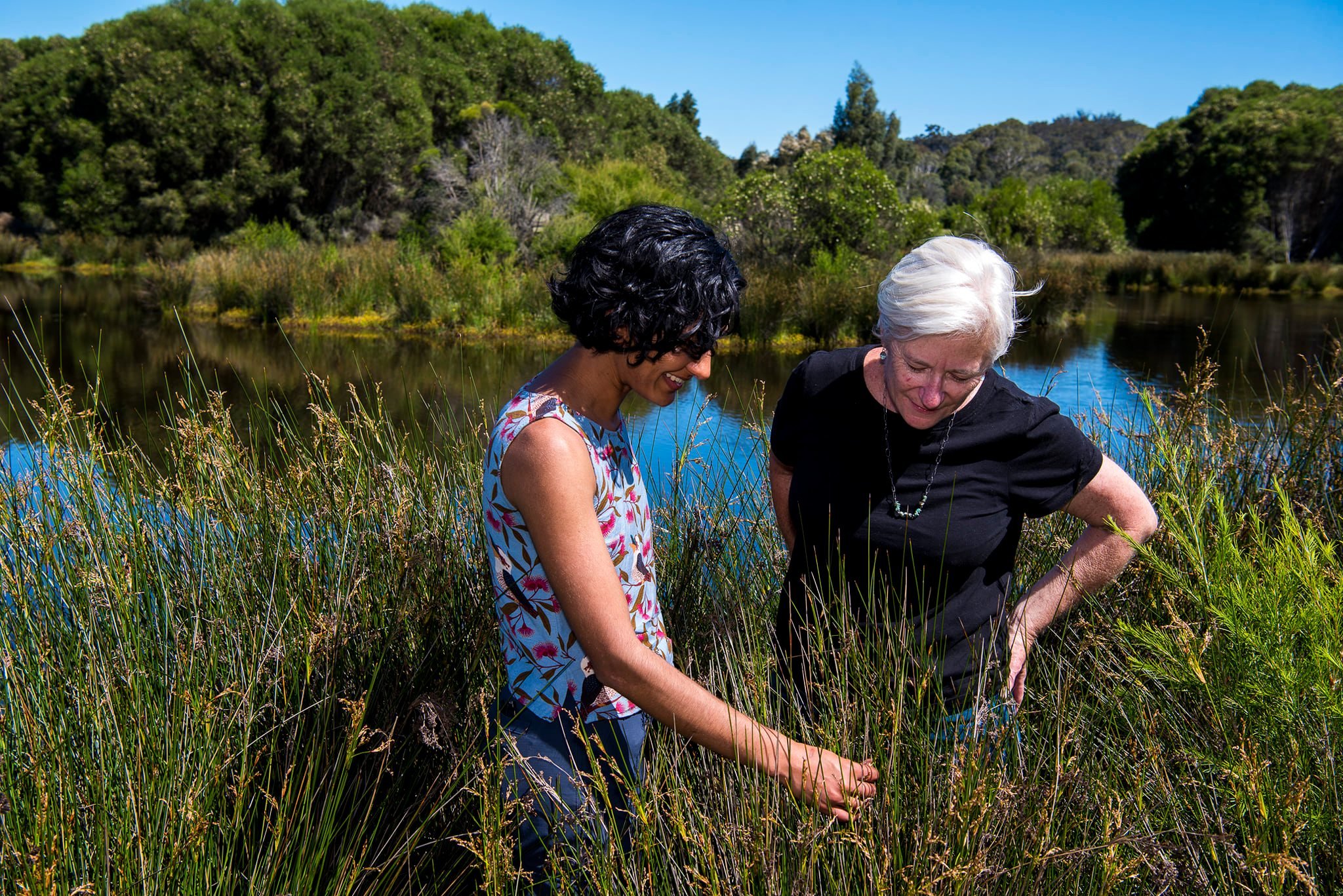
Wetland Project - Penny and Shirali
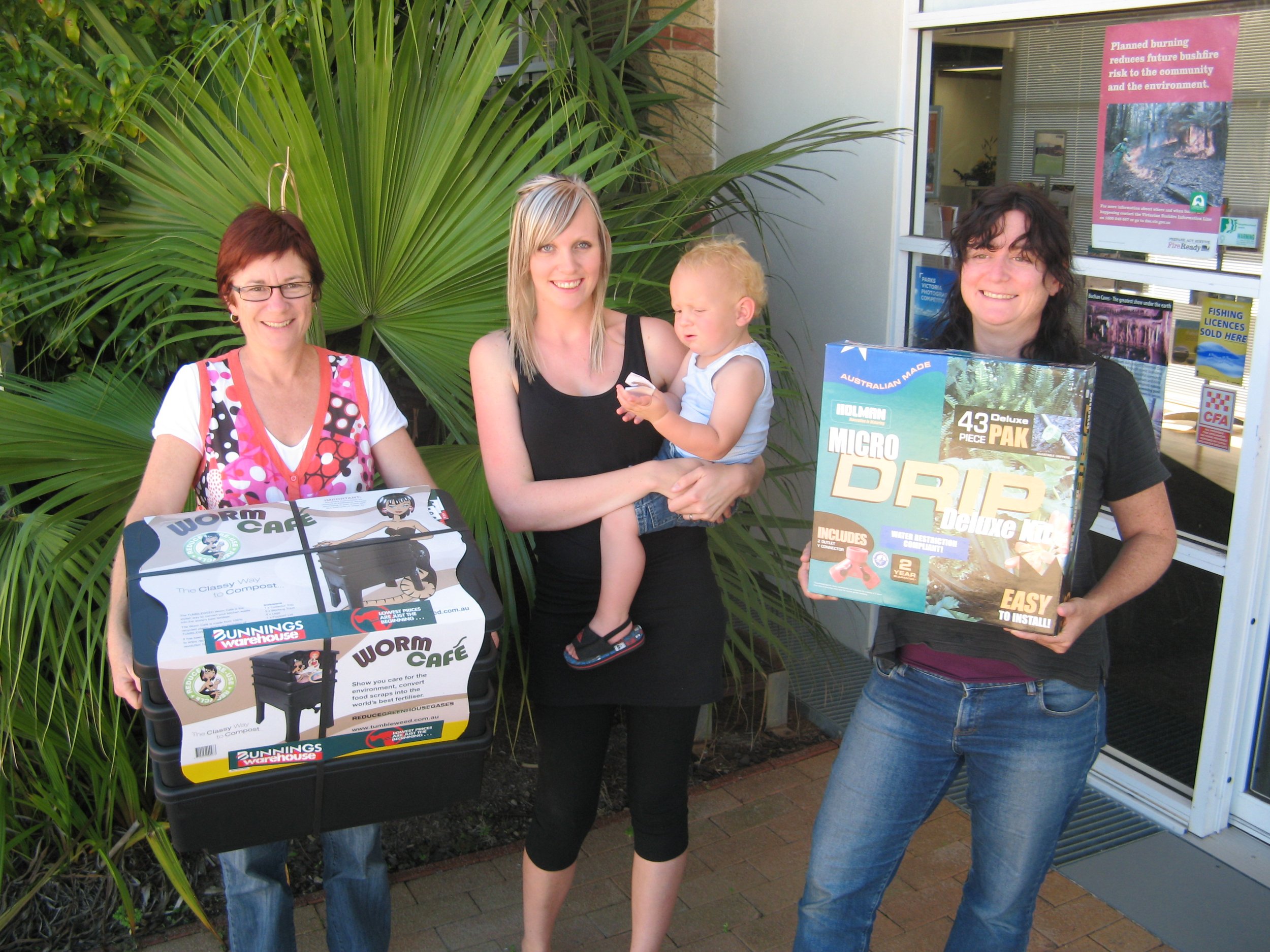
Landcare Expo Gate Winner
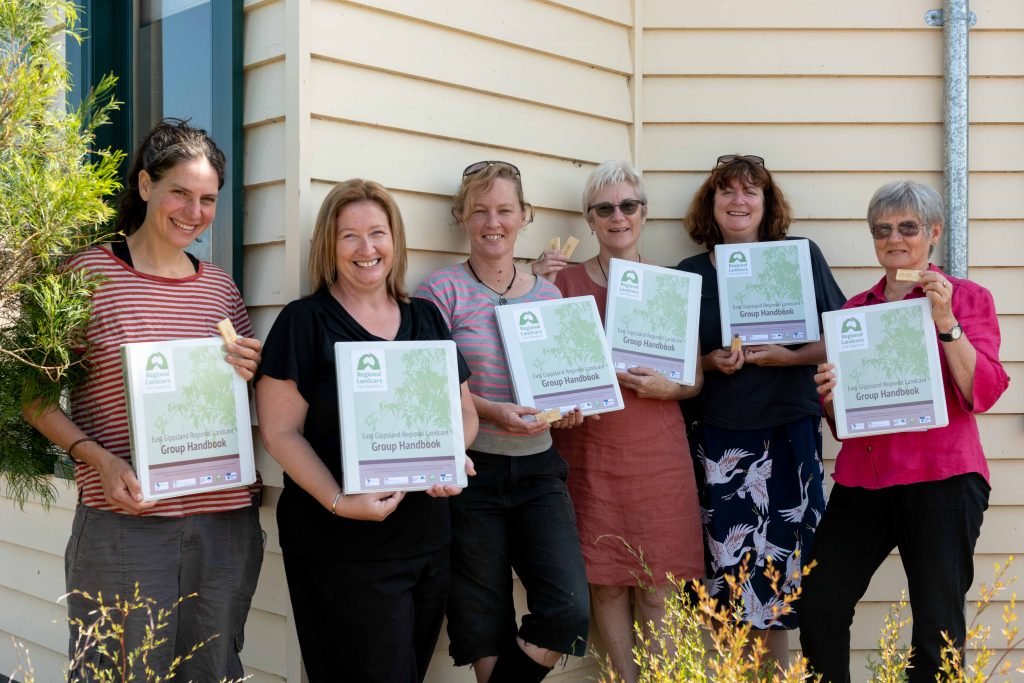
Landcare Groups and Governance Day

Setting up the Landcare Expo
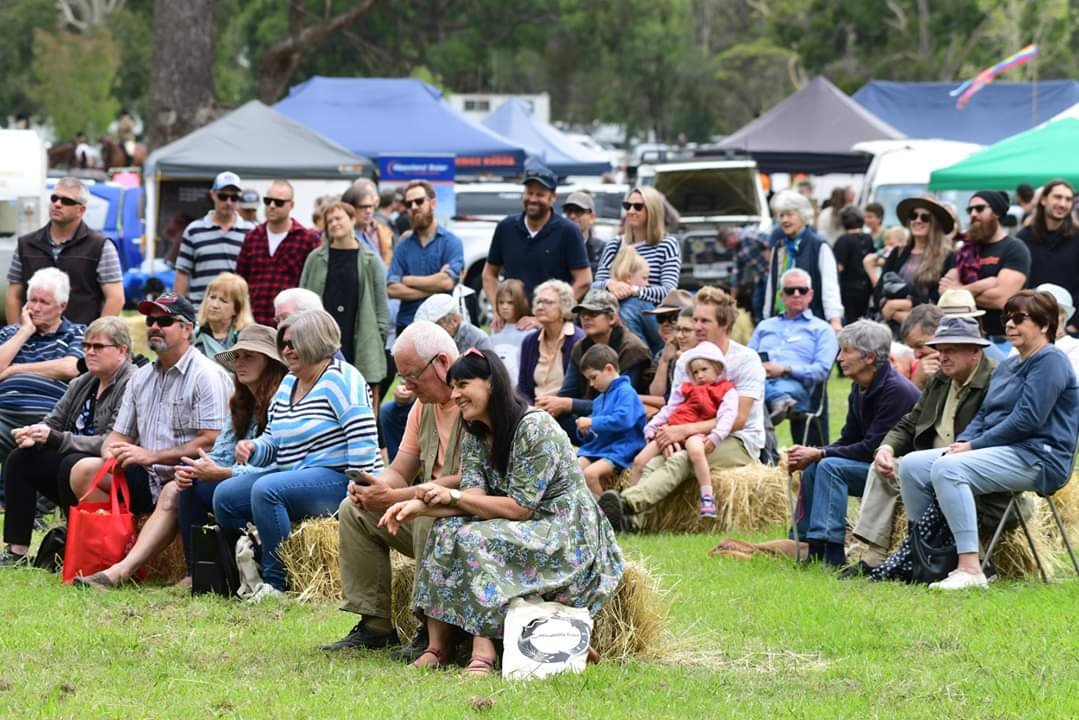
Landcare Expo 2022
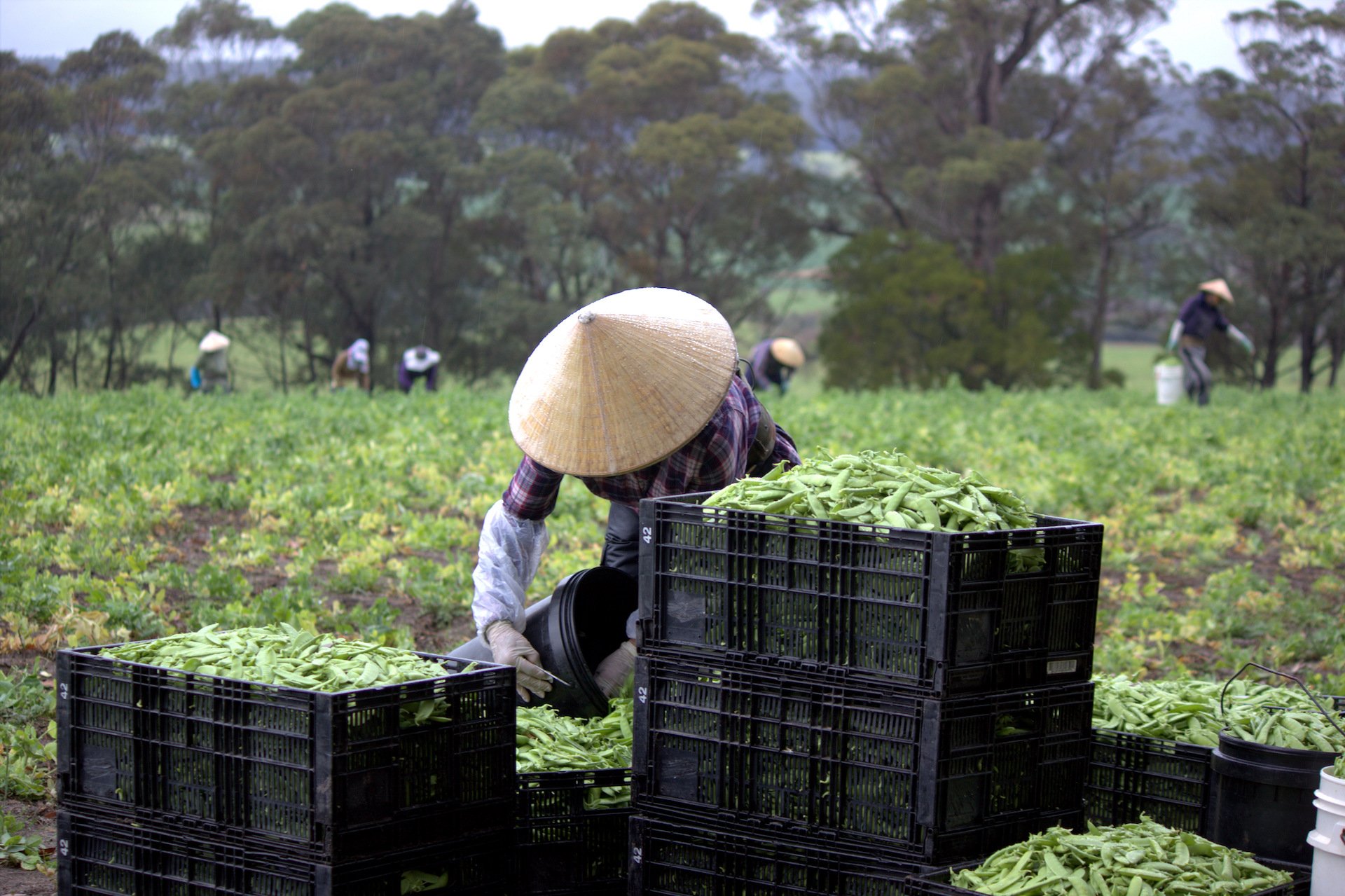

West and East Landcare Facilitator Meeting 2020
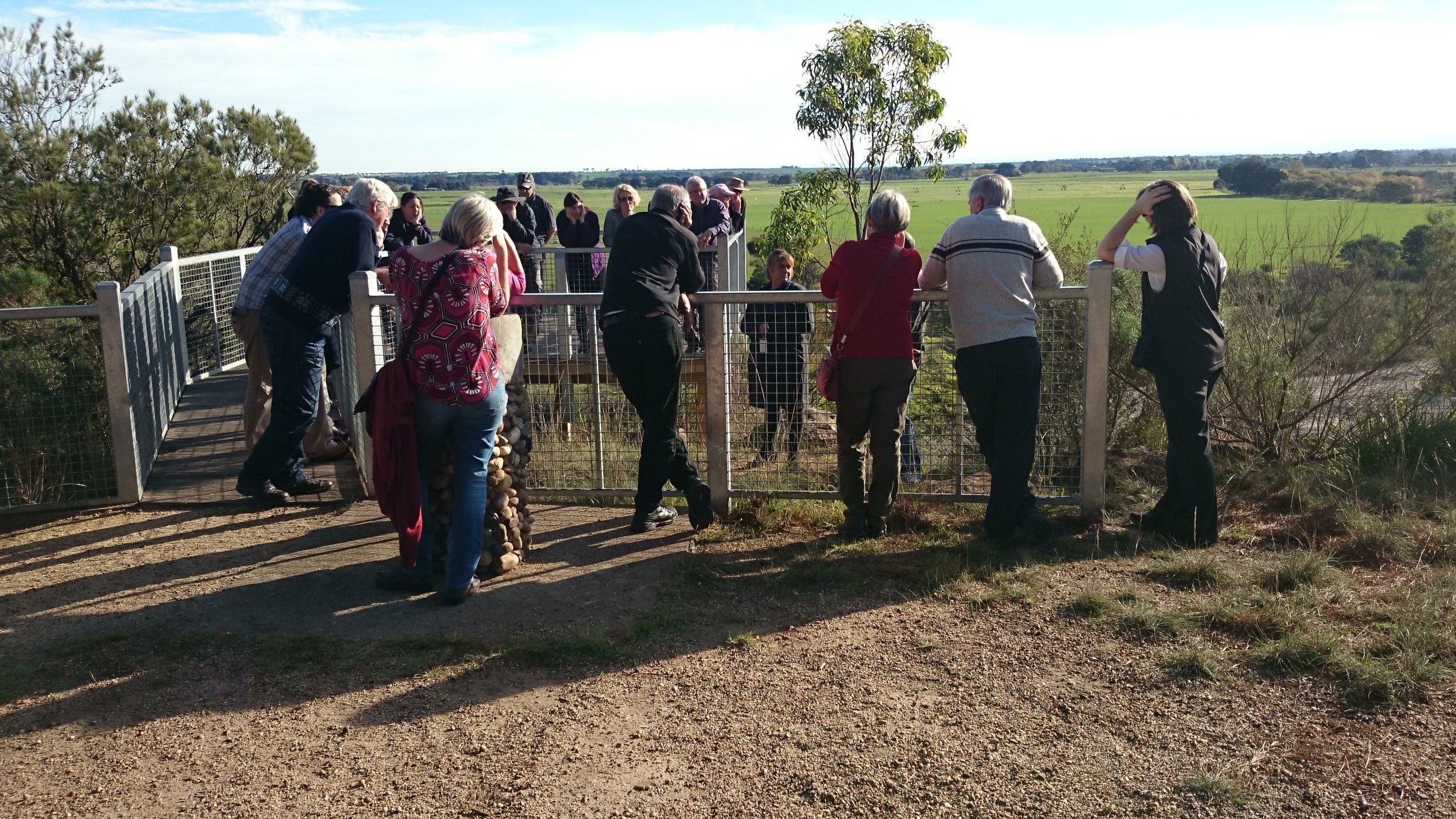
Cultural Awareness Day

Digital Story Telling 2016

East Gippsland Field Days 2023
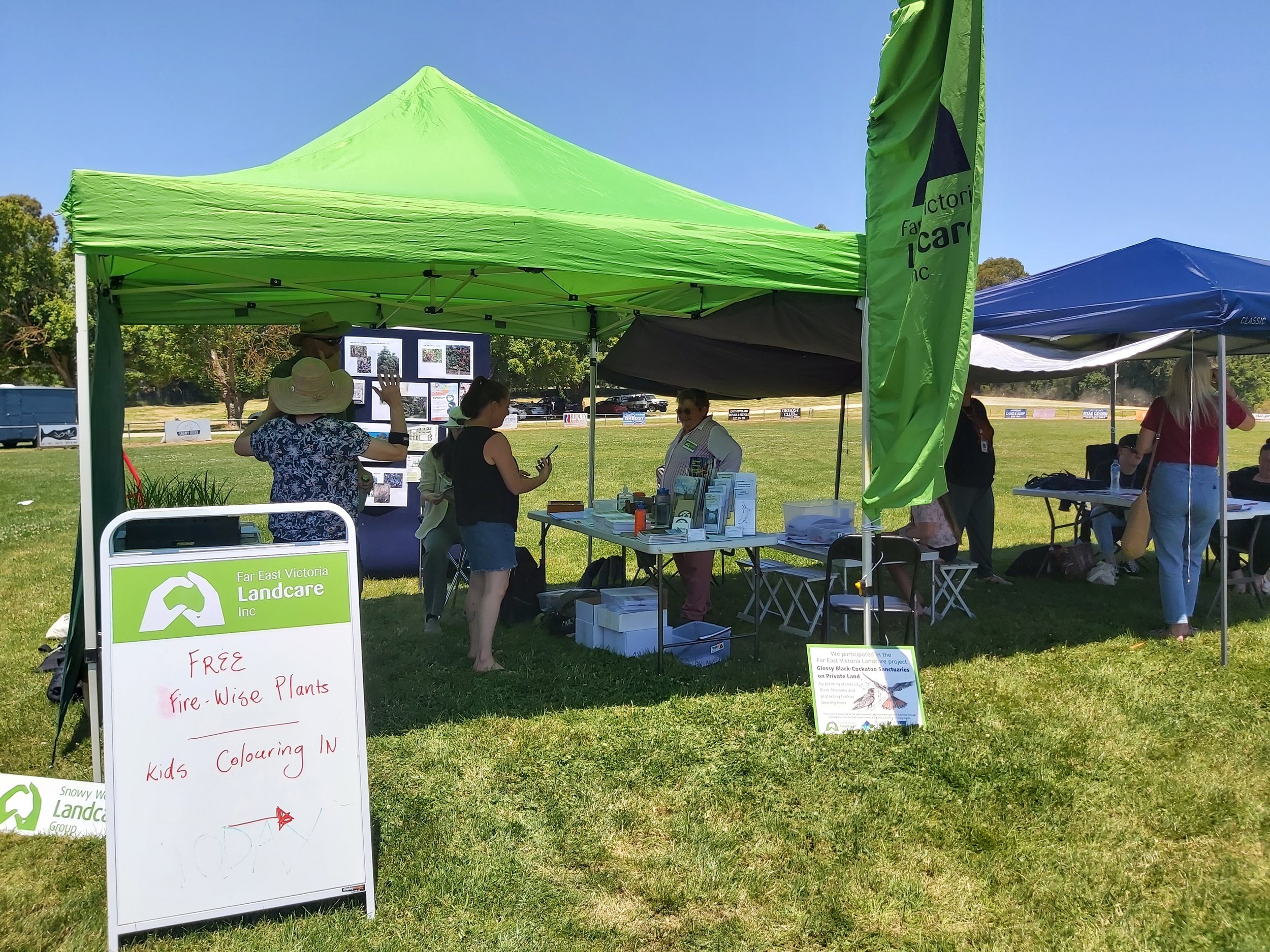
Fire Expo Orbost 2023

Landcare Awards 2015

Soft Plastic
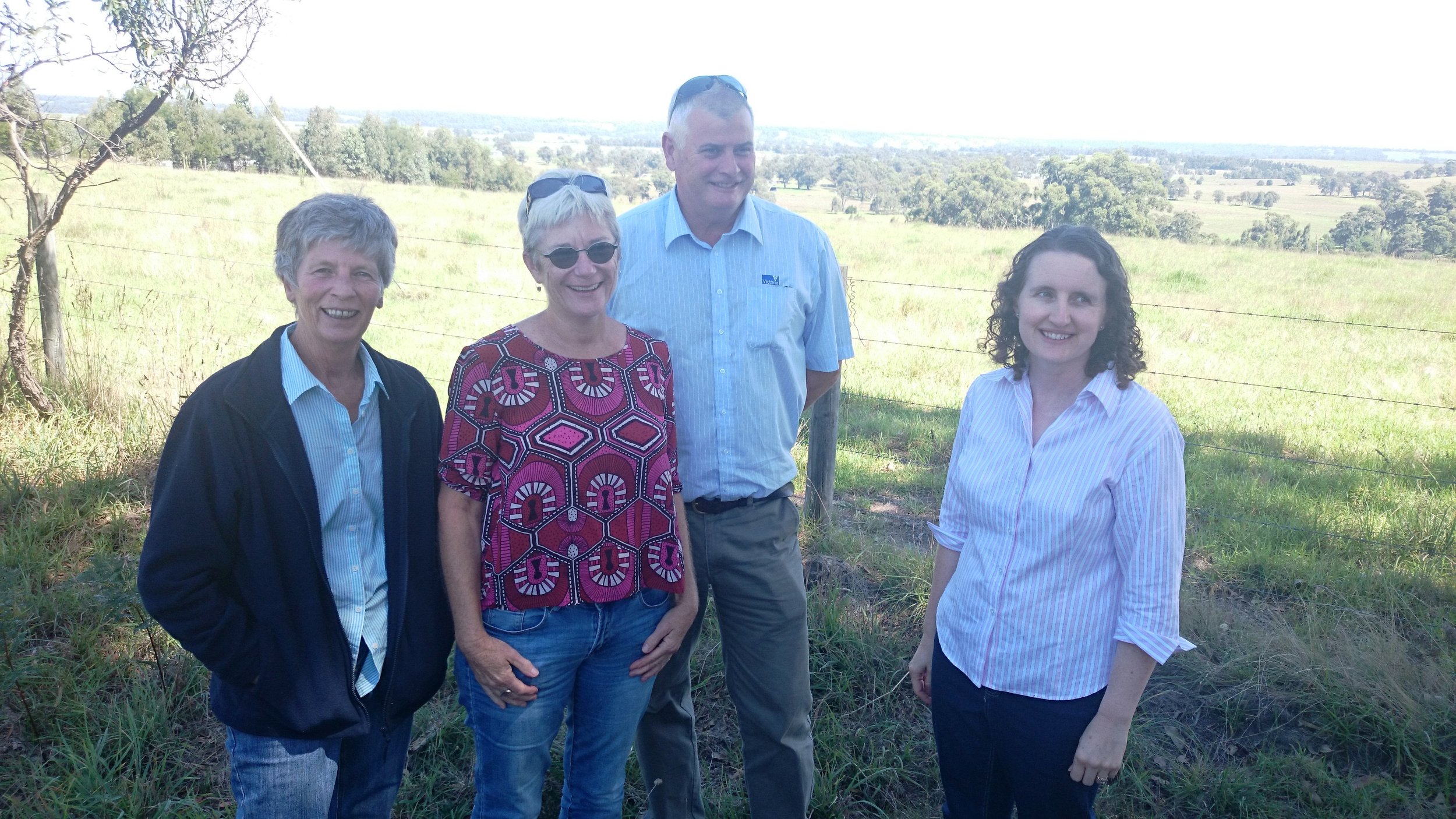
Shade and Shelter Workshop - Jarrahmond 2016
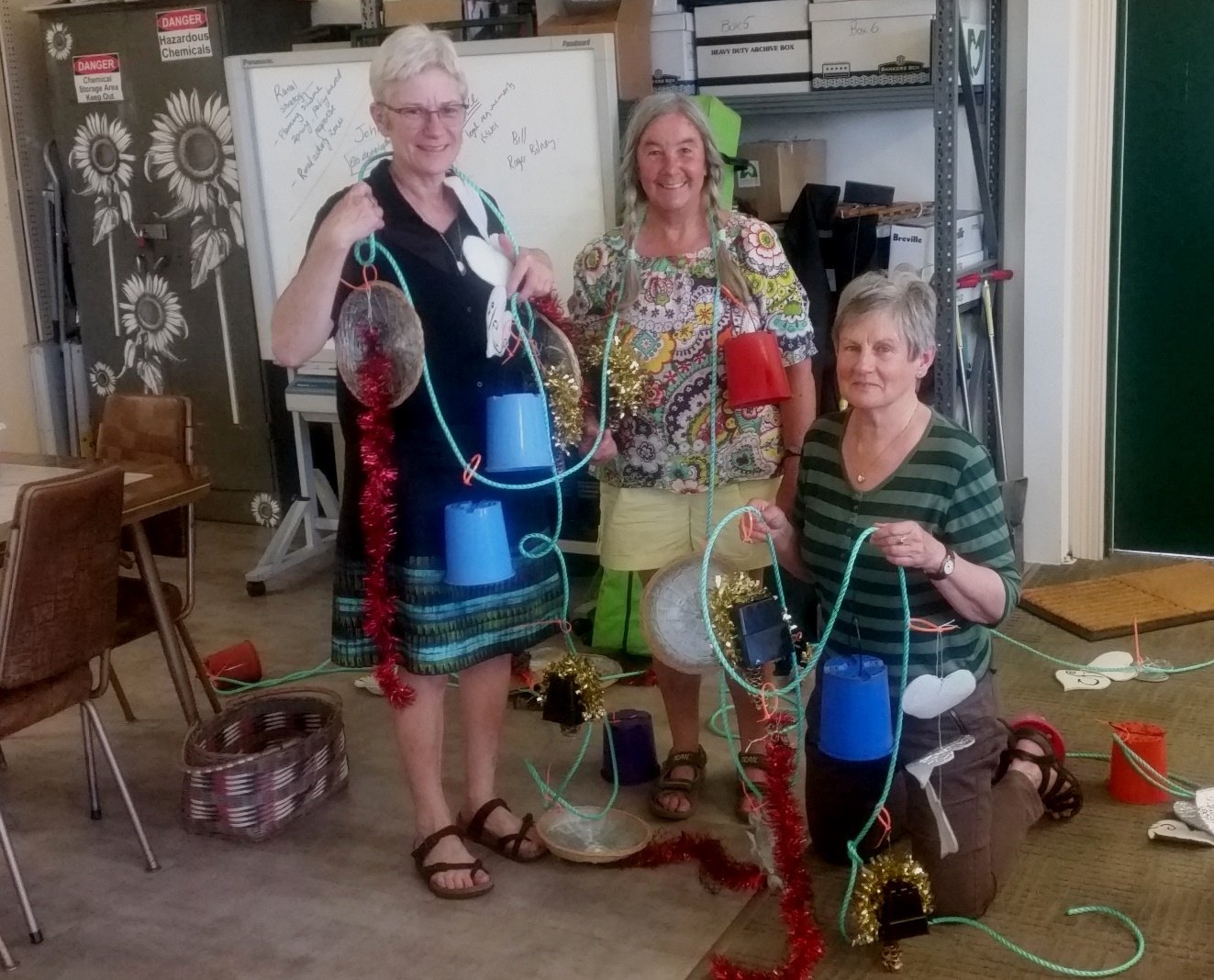
Xmas decorations - Snowy West

Landcare Expo 2017

Costa and Peter Honey
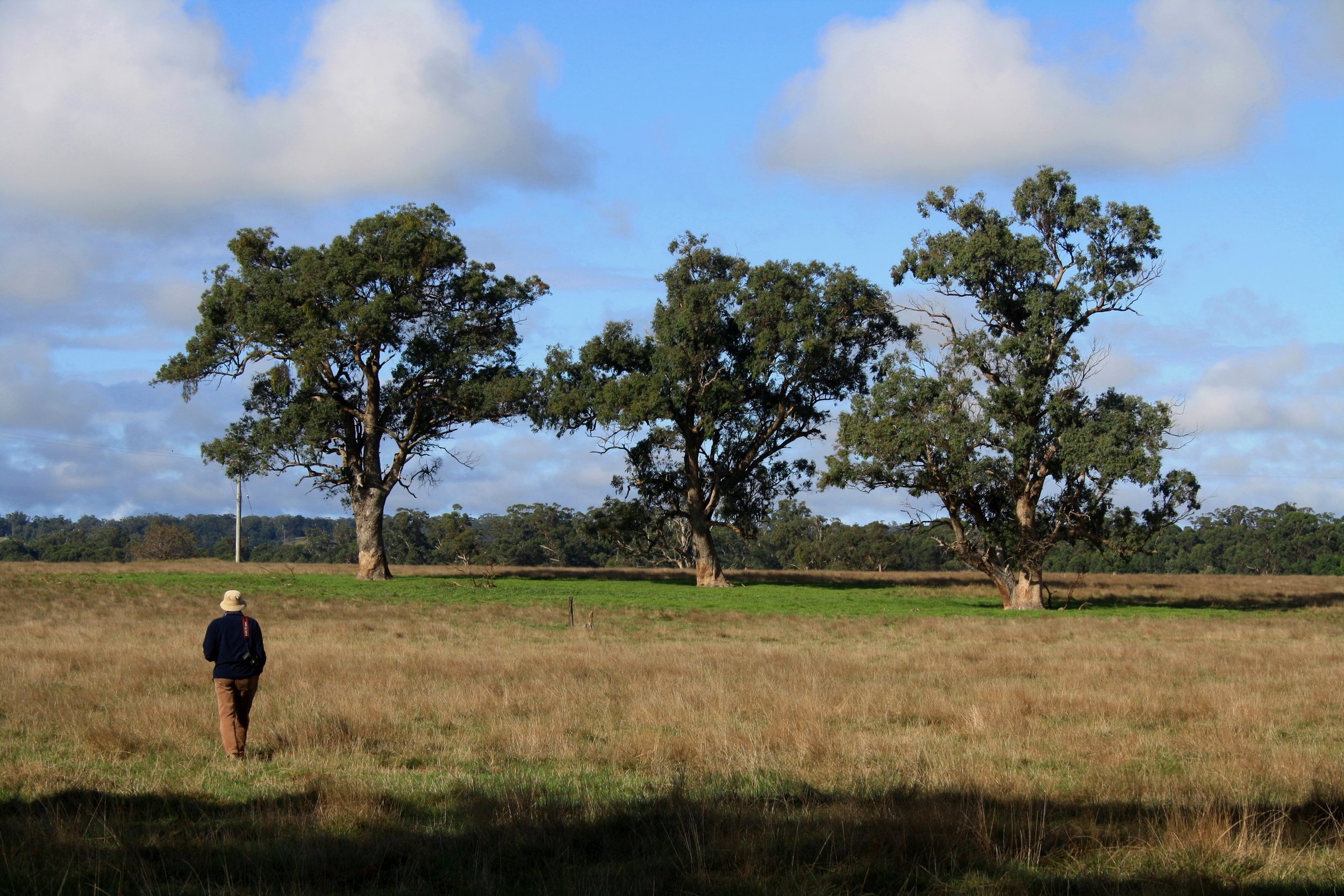
Inspecting Owl Box (David Holland)

Emma and Penny 2022

East and West Gippsland Landcare Facilitators 2022

Wetlands Project
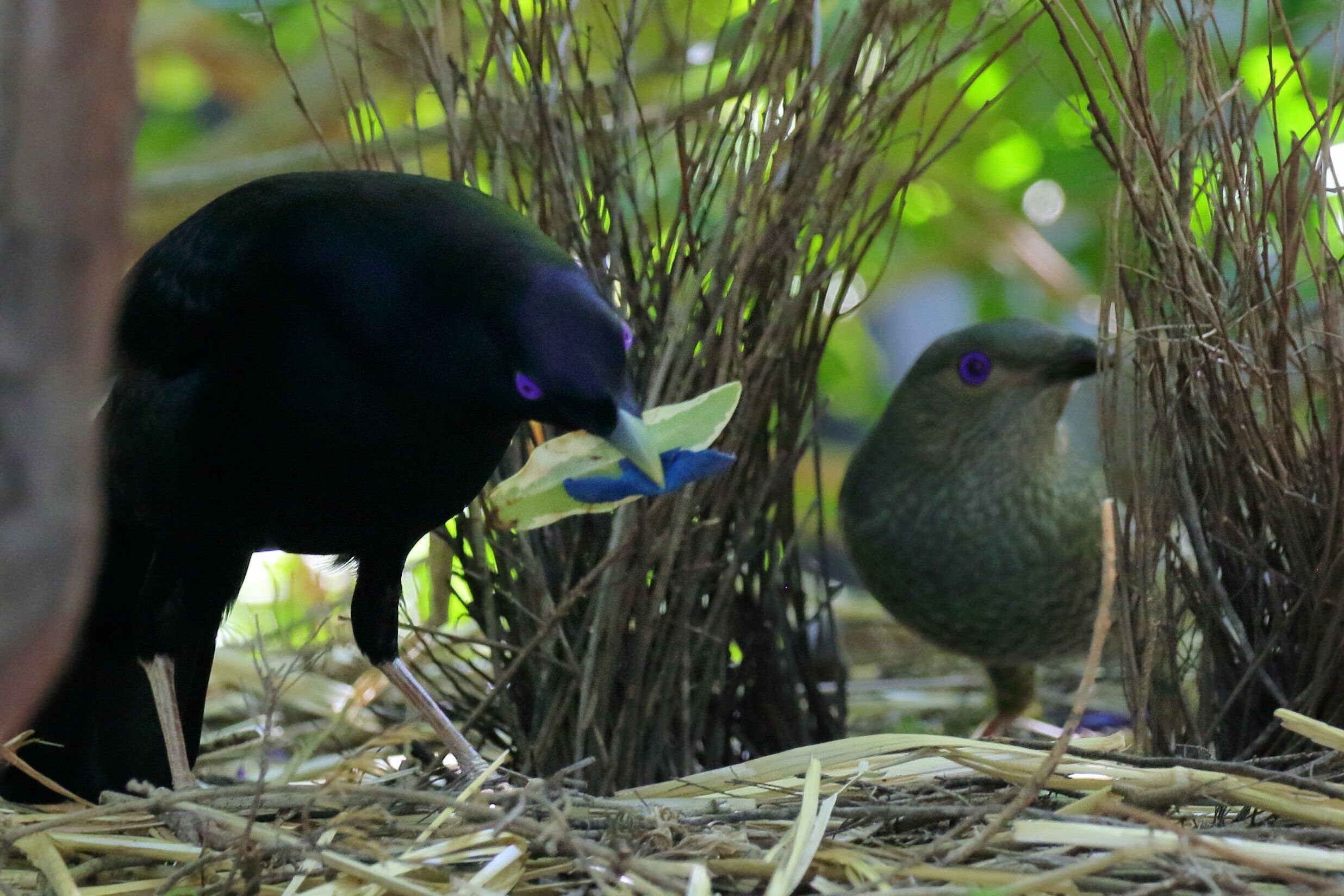
Satin Bower Bird
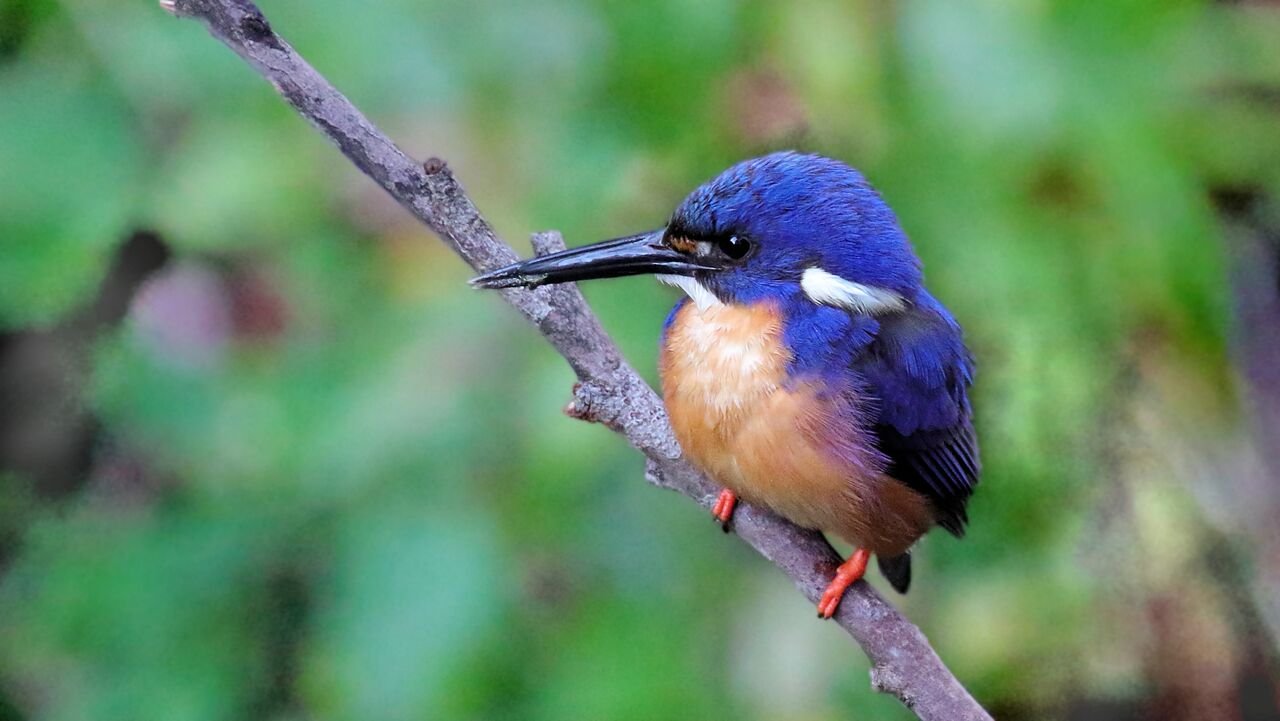
Azure Kingfisher

Ensay Herefords
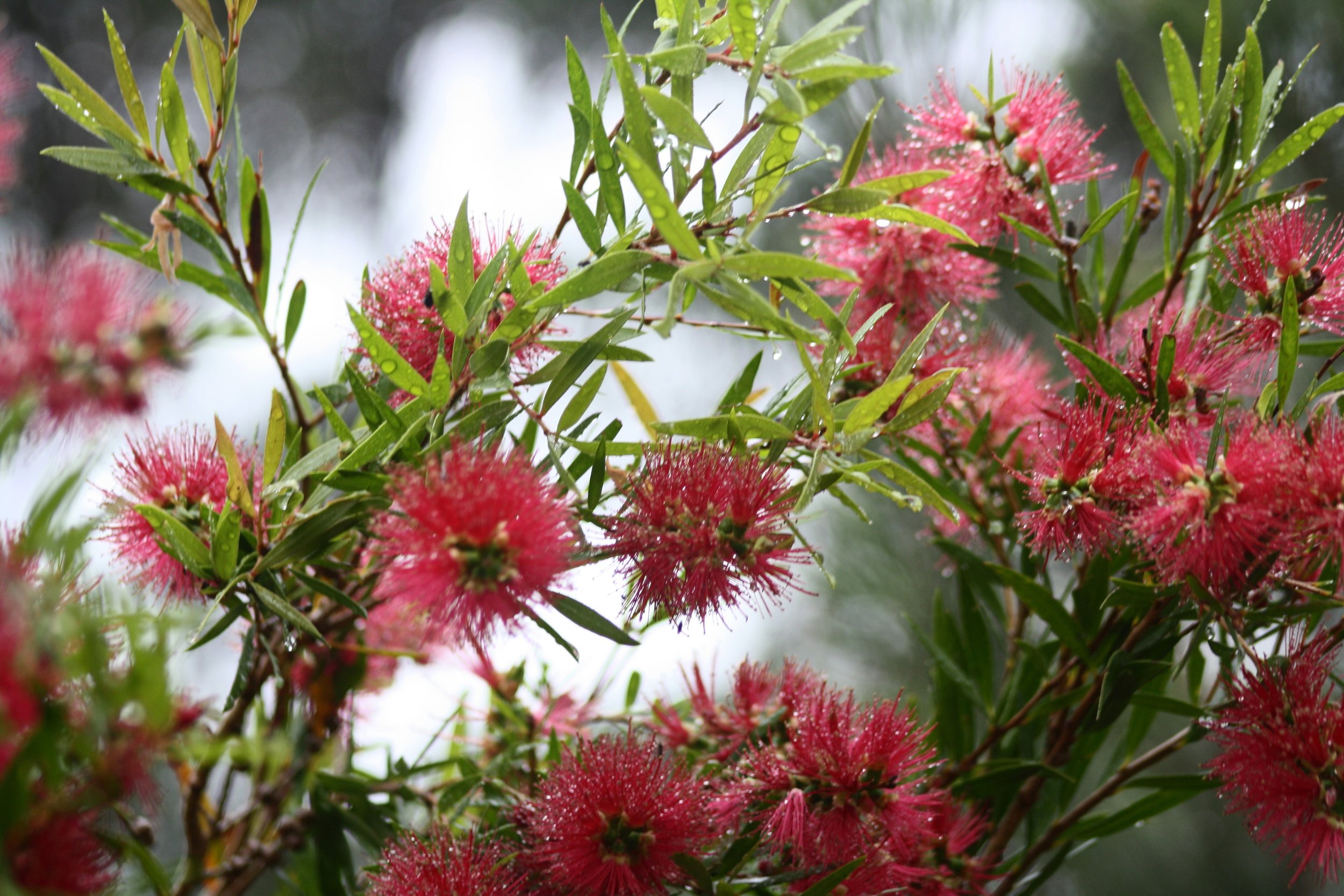
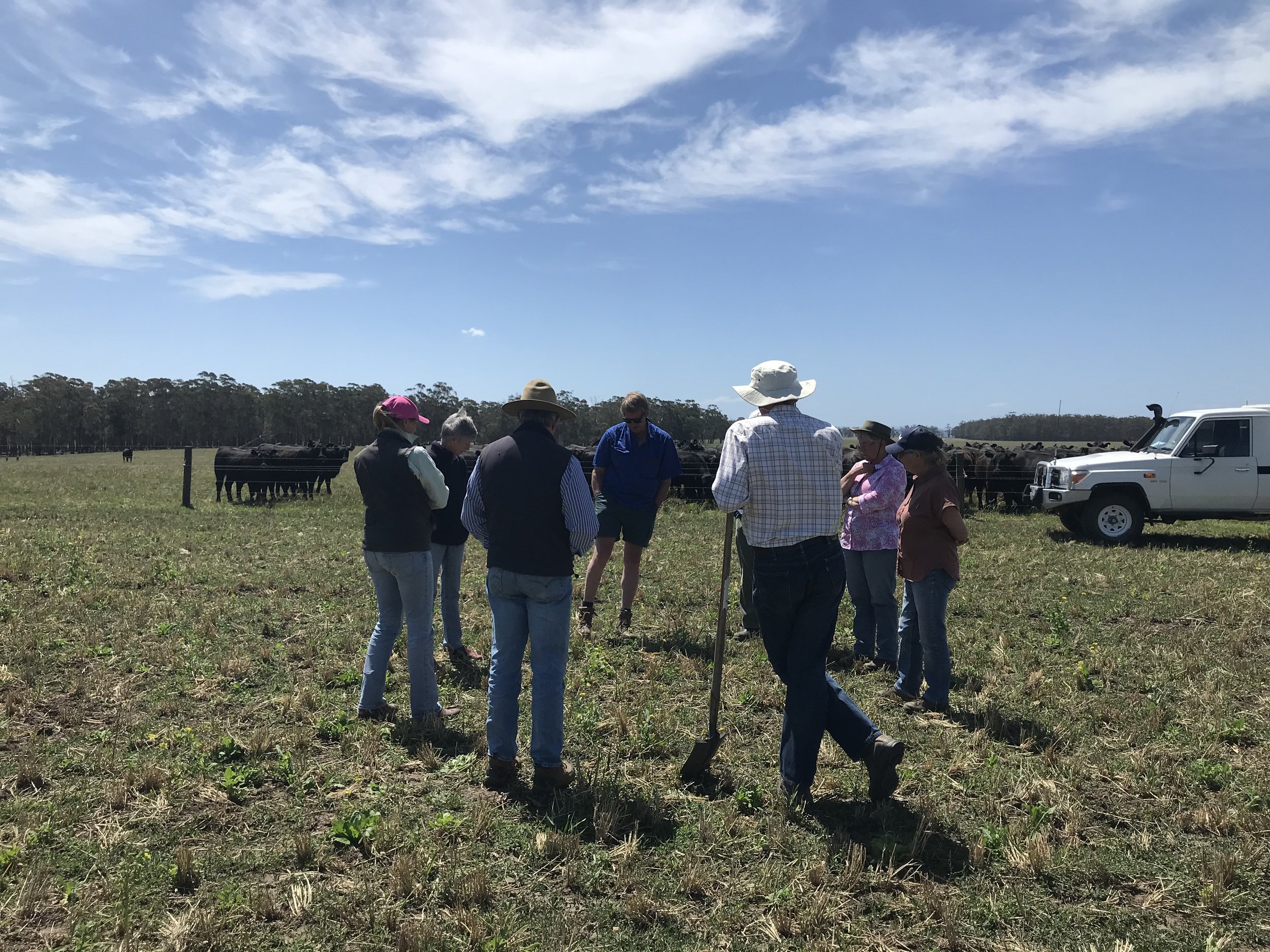


Bee Club






Jarrahmond Bird Brochure Launch
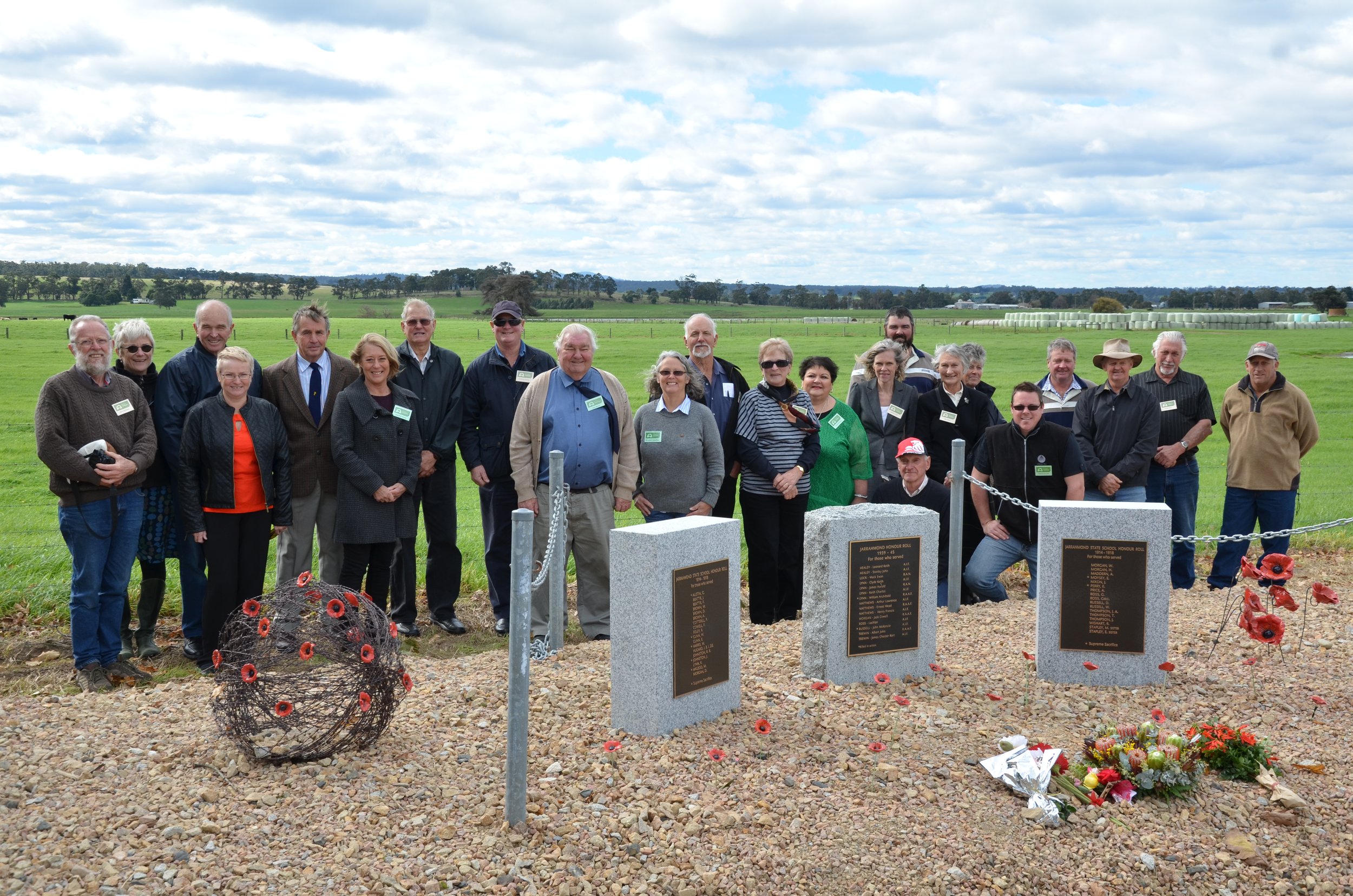
Jarrahmond Memorial
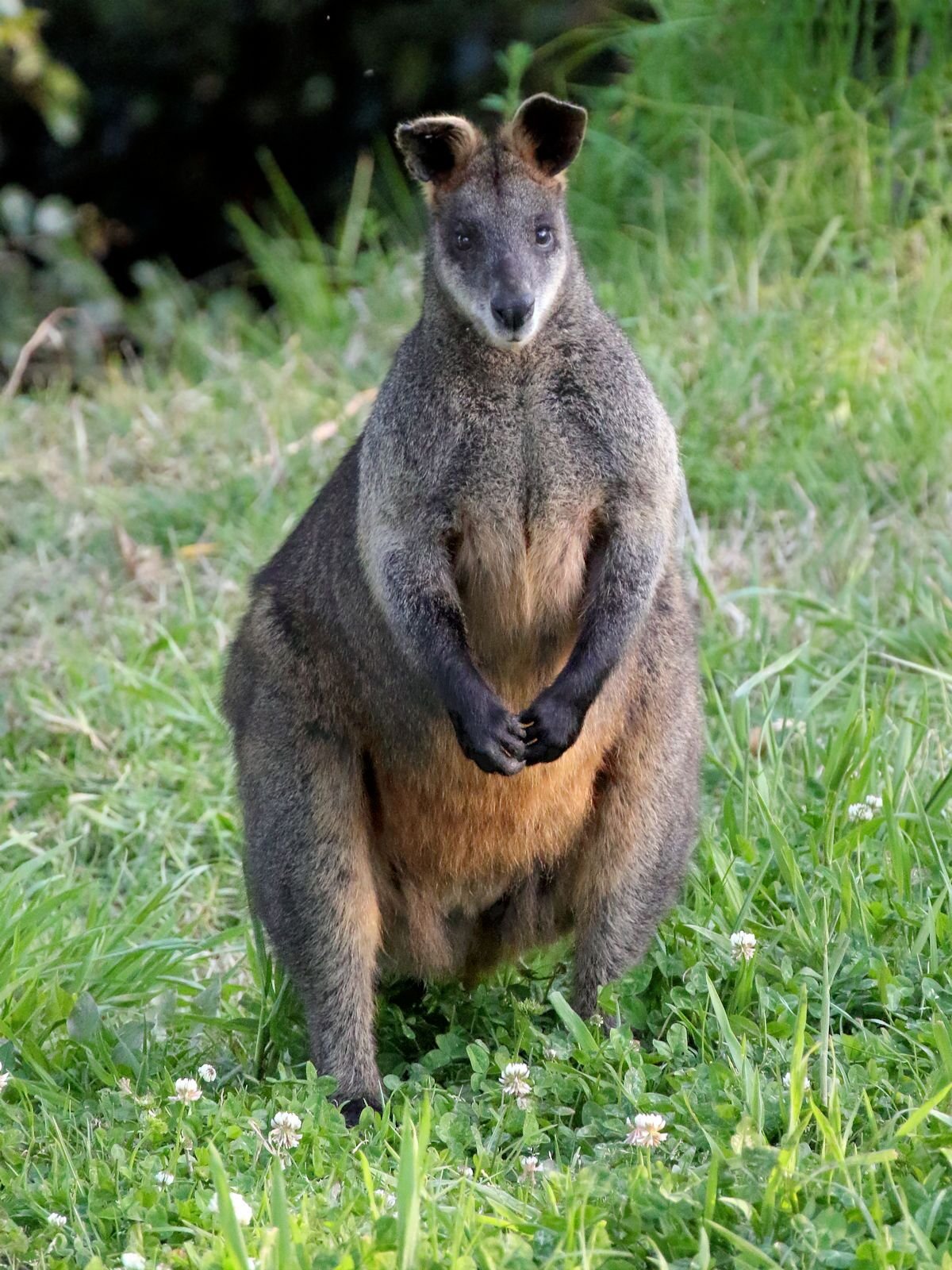

Costa, Penny, and Matt
